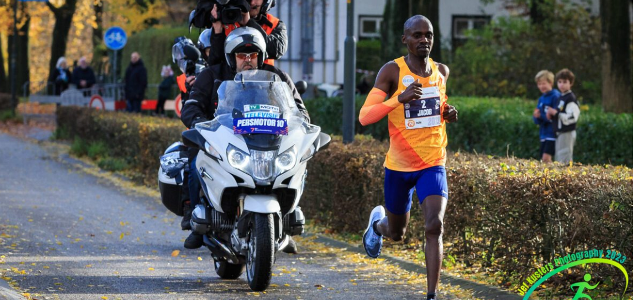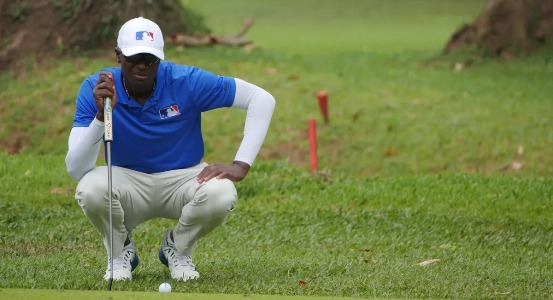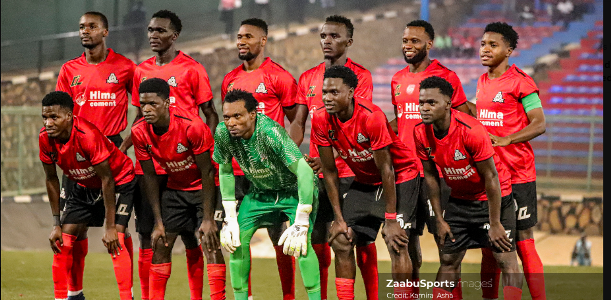YAOUNDÉ, Cameroon — In a historic yet polarizing moment for Africa and the world, Cameroon’s 92-year-old president, Paul Biya, has secured another term in office, extending his 43-year rule over the Central African nation. The official results, announced on Monday by the country’s Constitutional Council, confirmed Biya’s victory in the October 12 election, marking the beginning of what will be his eighth consecutive term. The council’s president, Clement Atangana, declared, “Hereby proclaimed President-elect: the candidate Biya Paul,” to a round of applause from loyalists — and silent disbelief from critics.
Biya, who first assumed power in 1982, has long been one of Africa’s most enduring and enigmatic leaders. Once hailed as a symbol of postcolonial stability, he has since become a figure of deep controversy, accused of clinging to power through constitutional changes and electoral manipulation. In 2008, he abolished presidential term limits, paving the way for his decades-long dominance. Over the years, his rule has been marked by periods of economic growth alongside allegations of corruption, human rights abuses, and growing authoritarianism. Despite his advanced age, Biya appeared energetic as he cast his vote in Yaoundé, smiling faintly and raising his hand to reporters before being escorted away by his security detail.
The election, which saw high voter turnout in urban centers but sporadic violence in the restive Anglophone regions, was viewed as one of the most competitive in recent memory. Biya’s most prominent challenger, Issa Tchiroma Bakary, a former government minister and once a close ally, ran a spirited campaign centered on political renewal and generational change. Bakary’s rallies drew large crowds, especially among the youth and disillusioned civil servants, but his campaign was hampered by limited access to state media and restrictions on public gatherings. Despite these obstacles, opposition leaders hailed his campaign as a “symbolic breakthrough” in a country where political dissent often comes at a high cost.
International observers offered a cautious response to the election results. The African Union praised the peaceful conduct of voting in most regions but noted “logistical inconsistencies” and “limited transparency in the vote tallying process.” Meanwhile, Western diplomats called for calm and encouraged the government to pursue inclusive reforms. In contrast, Biya’s supporters celebrated the result as proof of his enduring popularity, describing him as a “pillar of national unity” who has guided Cameroon through turbulent decades of conflict and global change.
As Biya prepares to embark on another seven-year term — one that could see him govern well into his 100th year — questions about succession and stability loom large. Many Cameroonians, particularly the younger generation, are calling for a clearer political roadmap and democratic renewal. Yet for now, Biya remains firmly in control, a veteran leader whose longevity has made him both a symbol of resilience and a reminder of how power, once seized, can become nearly impossible to relinquish.



